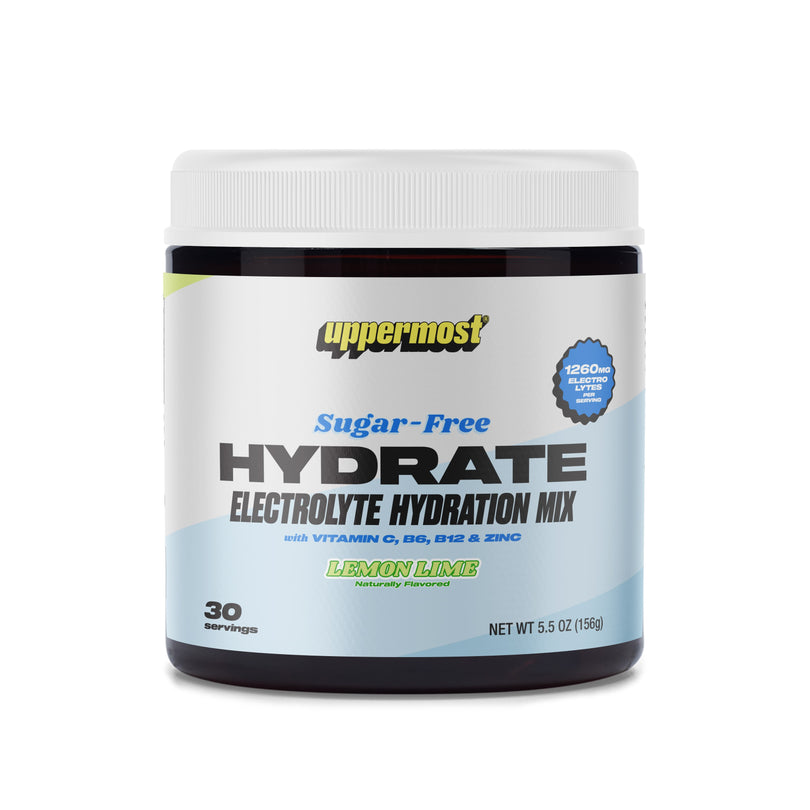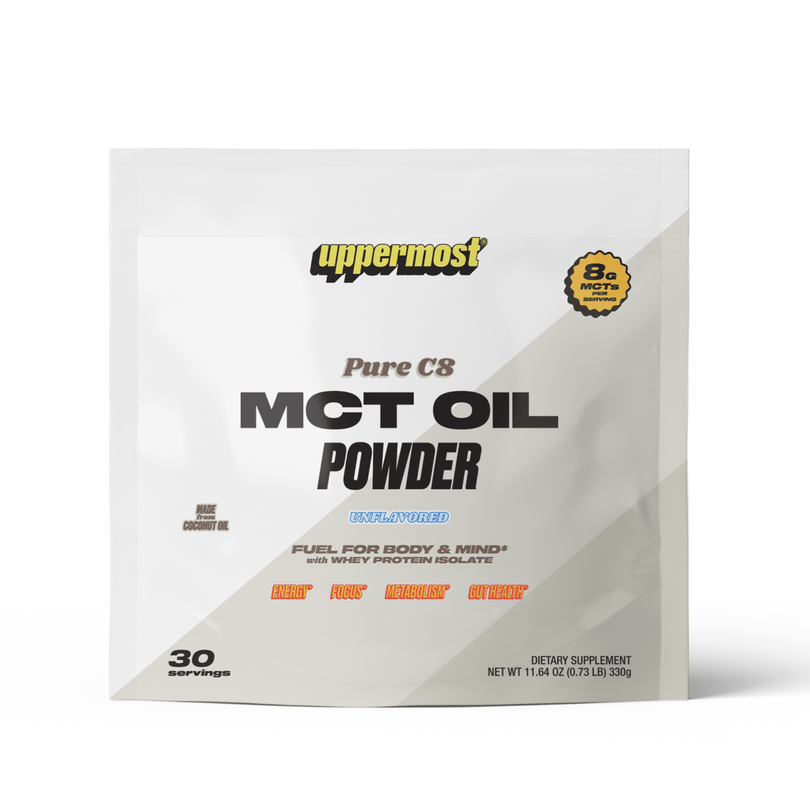Introduction: In the quest for youthful skin and joint vitality, collagen supplements have become a go-to solution for many. But the burning question remains: Do collagen supplements actually deliver on their promises? In this article, we'll navigate through the scientific landscape to unravel the truth behind collagen supplements and whether they live up to the hype.
Understanding Collagen Supplements: Collagen supplements come in various forms, including pills, powders, and liquids. They often claim to promote skin elasticity, reduce wrinkles, strengthen nails, and support joint health. To assess their efficacy, it's crucial to delve into the science of collagen absorption and utilization within the body.
The Science Behind Collagen Absorption: Collagen is a large and complex protein, and its absorption is influenced by various factors. When consumed, collagen is broken down into amino acids during digestion. These amino acids are then absorbed into the bloodstream and transported to different parts of the body, where they may contribute to the synthesis of new collagen.
Research Findings on Collagen Supplementation: Scientific studies on the effectiveness of collagen supplements yield mixed results. Some research suggests that collagen supplementation may improve skin hydration, elasticity, and wrinkle depth. In terms of joint health, there is evidence supporting the potential benefits of collagen supplements in reducing joint pain and improving function, especially in conditions like osteoarthritis.
However, it's important to note that the quality and type of collagen in supplements vary, and not all studies show significant positive outcomes. Factors such as the molecular size of the collagen peptides, dosage, and individual variability can influence the results.
Collagen and the Aging Process: As we age, our natural collagen production declines, contributing to the visible signs of aging. Collagen supplements aim to replenish and boost collagen levels in the body, offering a potential solution to combat sagging skin and joint discomfort associated with aging.
Choosing the Right Collagen Supplement: Not all collagen supplements are created equal. It's essential to consider factors such as the source of collagen, the processing method, and the presence of additional ingredients. Marine collagen, sourced from fish, and bovine collagen, derived from cows, are among the popular types. Opting for supplements with bioactive collagen peptides and third-party testing can enhance the likelihood of reaping benefits.
Conclusion: In the realm of collagen supplements, the answer to whether they work is nuanced. Scientific evidence suggests potential benefits for skin and joint health, but individual responses may vary. To maximize the effectiveness of collagen supplementation, it's advisable to choose high-quality products, maintain a balanced diet, and consider consulting a healthcare professional.
In the end, while collagen supplements may offer a boost in the pursuit of health and beauty, they are not a one-size-fits-all solution. As with any supplement, it's essential to approach them with realistic expectations and an informed perspective, acknowledging that overall lifestyle factors also play a crucial role in achieving optimal results.






